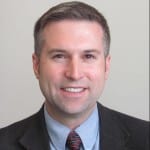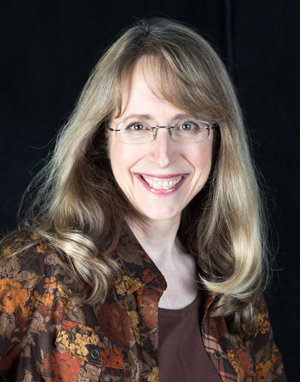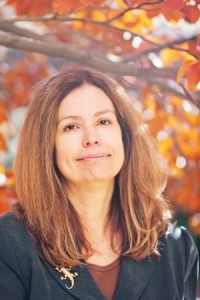Podcast: Download (47.2MB)
Subscribe: RSS
![]() Neal Rappleye is a student at Utah Valley University working toward a BA in History with a minor in Political Science. He is a volunteer with FairMormon, an Editorial Consultant with Interpreter: A Journal of Mormon Scripture, and co-recipient of the 2013 John Taylor Defender of the Faith Award. His main research interests are the foundational events in early Latter-day Saint history and the ancient origins of the Book of Mormon. He blogs about Latter-day Saint topics at http://www.studioetquoquefide.com/
Neal Rappleye is a student at Utah Valley University working toward a BA in History with a minor in Political Science. He is a volunteer with FairMormon, an Editorial Consultant with Interpreter: A Journal of Mormon Scripture, and co-recipient of the 2013 John Taylor Defender of the Faith Award. His main research interests are the foundational events in early Latter-day Saint history and the ancient origins of the Book of Mormon. He blogs about Latter-day Saint topics at http://www.studioetquoquefide.com/
Here is a link to Neal Rappleye’s article in the Interpreter, click here.
Some of the questions addressed in this podcast:
Why does the geographic location of the Book of Mormon matter?
Book of Mormon geography. One of the few issues where it seems that there is as much disagreement or discord inside the church as there is outside. In fact, there is a quote that is found in the preface of the book by Thomas Stewart Fergson’s book entitled Cumorah Where? I am paraphrasing Elder John Widtsoe, “If we misconstrue geography of the Book of Mormon we may make an entirely consistent record, appear inconsistent with itself. Worthwhile persons may be dissuaded by our own errors.” Is Elder Widtsoe’s warning coming to pass?
Your article in The Interpreter addresses Book of Mormon geography, but not necessarily in the advancement of a particular theory, but rather deals with the review of John Lund’s works, even more specifically it deals with the contrast and rebuttal to the assertions of Rod Meldrum and his F.I.R.M. Foundation with their theory of the Heartland of America as the location of Book of Mormon events. I found myself wondering as I read the article, is this more a commentary on John Lund’s work, or an attack on Meldrum? I would love it if you would correct me on this issue. How would you describe your article?
Let’s get to some of the core arguments that have been put out there, or at least some of the one’s being disputed.
Prophetic Priority and Geographic Priority. What are these two methods with regards to Book of Mormon Geography and how are they in conflict with each other?
What were some of Lund’s conclusions that you disagreed with? Agreed with?
You gave a quote, from Matthew Roper who did some research for the Maxwell Institute regarding similar claims upon Joseph Smith’s authority. The quote concludes, “The preponderance of evidence does not support the claim that Joseph Smith’s revelations included details about Book of Mormon geography, but rather suggest that this, as with many other questions, was an issue in which Joseph Smith, as time allowed him to give it attention, followed the dictates of his own judgement and expressed his own opinion.” How does one come to that conclusion? How do we know what was revelation and what was Joseph just going through research of the day?
Stylometrics becomes another one of those interesting points where it seems to be a litmus test of your views on Book of Mormon Geography. Could you explain what Sylometrics are and how both sides of this issue have used it with regard to this issue?
Neal Rapplye is the author of the article “War of Words and Tumult of Opinions”: The Battle for Joseph Smith’s Words in Book of Mormon Geography found in the Interpreter at MormonInterpreter.com


 Rick Anderson is Associate Dean for Scholarly Resources & Collections in the J. Willard Marriott Library at the University of Utah. He earned his Bachelors and Masters in .Library Information Systems degrees at Brigham Young University. He serves on numerous editorial and advisory boards and is a regular contributor to the Scholarly Kitchen blog and to Library Journal’s Academic Newswire.
Rick Anderson is Associate Dean for Scholarly Resources & Collections in the J. Willard Marriott Library at the University of Utah. He earned his Bachelors and Masters in .Library Information Systems degrees at Brigham Young University. He serves on numerous editorial and advisory boards and is a regular contributor to the Scholarly Kitchen blog and to Library Journal’s Academic Newswire.


 Prior to graduating from BYU,
Prior to graduating from BYU,  Royal Skousen is a professor of linguistics and English at Brigham Young University. He is considered to be a leading expert on the textual history of the Book of Mormon.
Royal Skousen is a professor of linguistics and English at Brigham Young University. He is considered to be a leading expert on the textual history of the Book of Mormon.